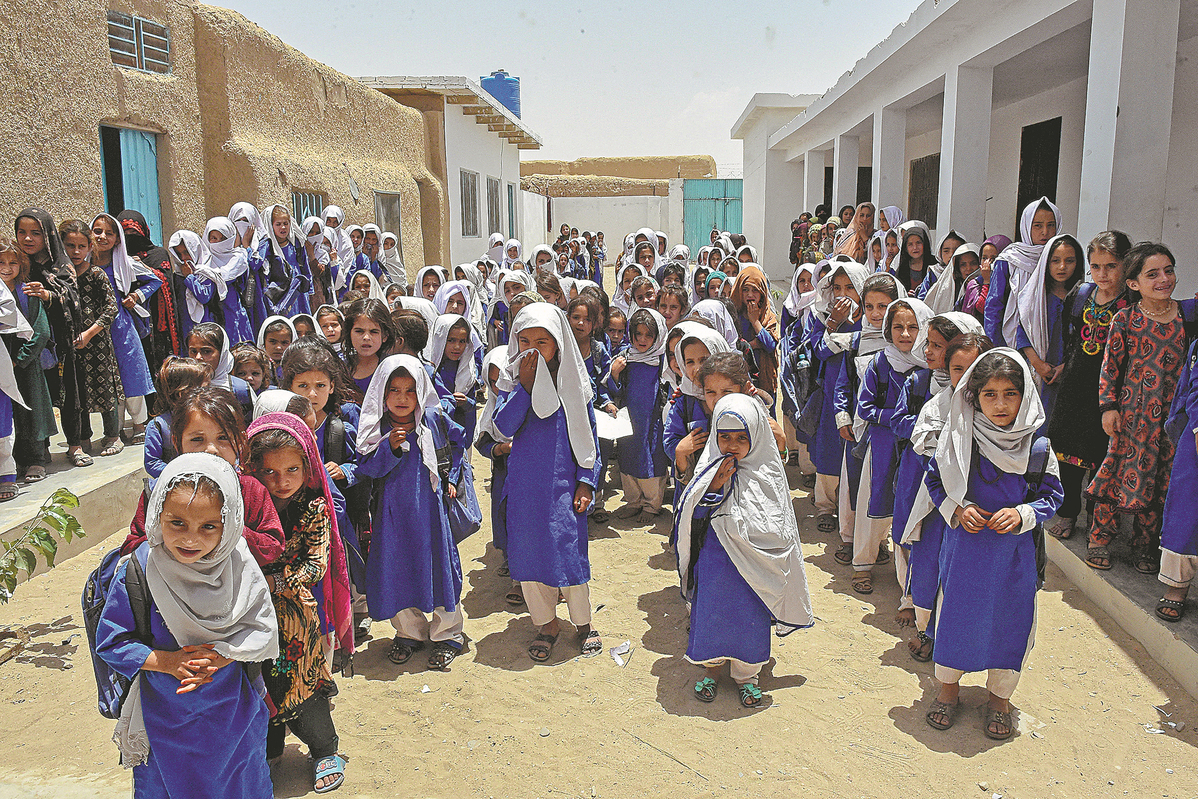World Refugee Day mirrors global problem


Coordinated policy
Earlier this month, the European Commissioner for Home Affairs Ylva Johansson secured majority support for a proposal to build a coordinated migration policy among EU member states. The only objectors were Poland and Hungary.
Poland has accepted 1.6 million Ukrainians, the UNHCR said, but when it comes to other countries, its attitude is very different.
"Forced relocation does not solve the problem of migration, but it violates the sovereignty of the member states," Poland's Prime Minister Mateusz Morawiecki tweeted.
Orban's spokesperson referred to imposed relocation — something not foreseen in the proposal — and said, "This is unacceptable, they want to forcefully turn Hungary into a migrant country."
Spain's far-right Vox party has also weaponized immigration in recent local elections, with its vice-president Jorge Buxade speaking of "the policy of open borders, imposed by the elites, (which) has imported violence and insecurity, destroying the identity of our neighborhoods and demonstrating that multicultural societies are multi-conflictive", and people being "forced to coexist in their neighborhoods with cultures that are incompatible with Western cultures".
Although what became World Refugee Day was established in 1951, up until December 2000, it was known as Africa Refugee Day.
Twenty years later, a quick look at headlines around the world will confirm that its global renaming remains as correct and as depressingly relevant as ever.

































